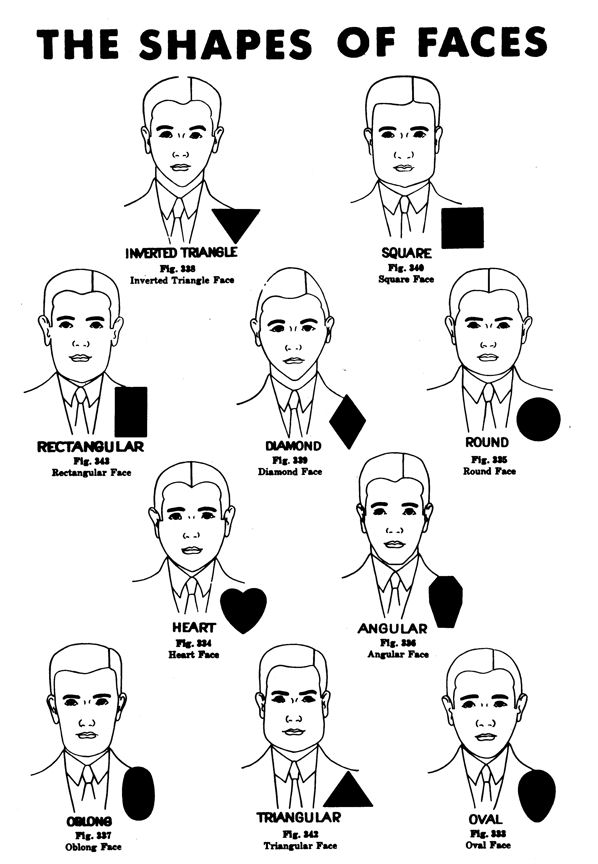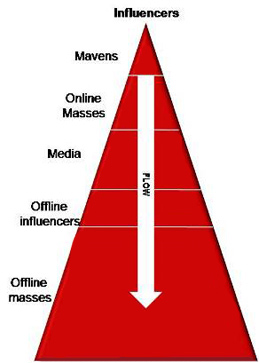


|
|
DISAMBIGUATION:
Q: |
|
A: |
Surprisingly yes. At least 90 others in the US alone, but they aren’t me.
|
|
|
Q: |
|
A: |
No, I’m not an economist, although I’ve written a lot for The Economist and I’ve been interviewed by BBC radio.
|
|
|
Q: |
|
A: |
No, and I don’t think he is really a Joshua.
|
|
|
Q: |
|
A: |
No, he is a new William Pitt the younger. I did grow up in Pittsburgh, Pa.
|
|
|
Q: |
|
A: |
No, but I value my namesake’s courage and persistence. He unflinchingly spoke the truth and never stopped his work, until the work was completed.
|
|
|
Q: |
|
A: |
Not likely. I’m not from Montreal and my parents are Phi Beta Kappa chemists and community philanthropists.
|
|
|
Q: |
|
A: |
Yes.
|
|
|
Q: |
Can you spell your name? |
A: |
Yes, I’ve had years of practice.
|
|
|
Q: |
Do you go by “Josh?” |
A: |
No, do you?
|
|
|
Computer Industry Activity:
Q: |
When did you become interested in computers? |
A: |
In junior high school, I did a study of IBM computers and built a circuit board using a Formica chip as the substrate.
|
| |
|
Q: |
Where did you learn programming? |
A: |
At Carnegie Mellon, on weekends, during high school.
|
|
|
Q: |
Where did you first meet Bill Gates? |
A: |
|
| |
|
Q: |
Did you design personal computers at IBM Research? |
A: |
Yes, between 1984 and 1991.
|
|
|
Q: |
Who were some of your peer managers at IBM Research? |
A: |
Cliff Meltzer, SVP of Cisco Systems, Rick Gilbert, CEO of Kineto Systems,
Peter Hortensius, SVP of Lenovo, Ted Selker, inventor of the keyboard pointing stick, aka TrackPoint.
|
|
|
Influence:
Q: |
What is Shapiro’s Law |
A: |
Any startup consumes 200% of its CEO’s time.
|
|
|
Q: |
What is your most cited quotation? |
A: |
“Avoid falling into the McNamara Abyss. Never forget that all technology can ultimately do is give your staff more time to think. It can't think for them. Data is not information. Information is not judgment. Judgment is not wisdom. Numbers aren't policy. Quantitative approaches can't solve qualitative problems. That was the mistake Robert McNamara and his number crunching systems analysts made in the conduct of the Vietnam War. Put in place only systems to reduce information overload and make your staff more effective and reduce organizational amnesia.”
|
|
|
Q: |
How has your work figured in US Military Doctrine and Diplomacy?
|
A: |
|
|
|
|
|
|
|
Q: |
Has your work been cited in congressional testimony? |
A: |
Yes, in SEC rule making to reduce mutual fund investor risk.
|
|
|
Q: |
What books reference your writing? |
A: |
|
|
|
|
|
|
| |
|
|